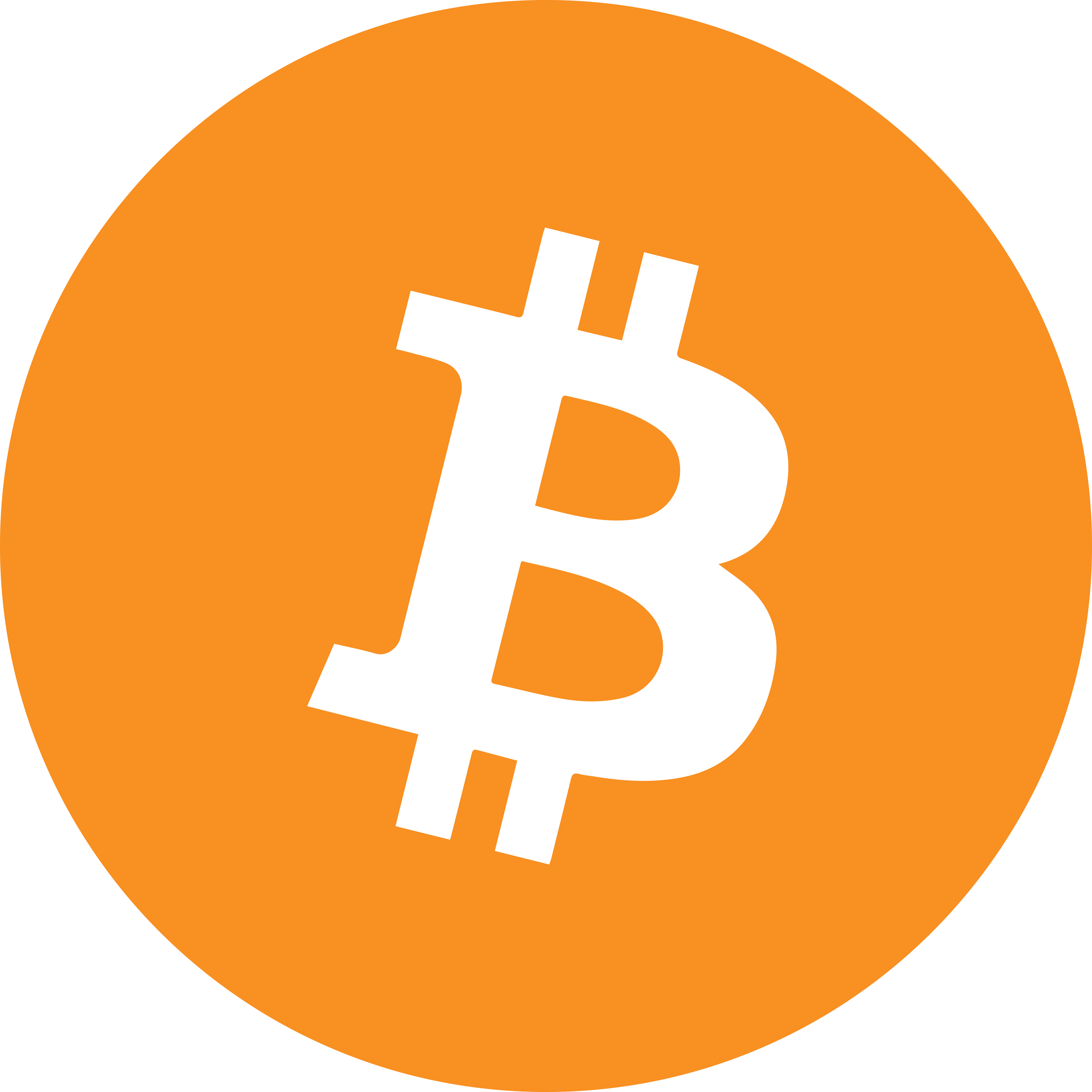IO.net Wallet
Transform computing with IO.Net! Join the revolution in decentralized physical infrastructure, where machine learning engineers access distributed cloud clusters at a fraction of the cost of comparable centralized services. Tap into a vibrant crypto community fueled by innovation and the potential to reshape the landscape of computing power. Embrace the future of AI, Web3, and groundbreaking projects with IO.Net – start your journey today!
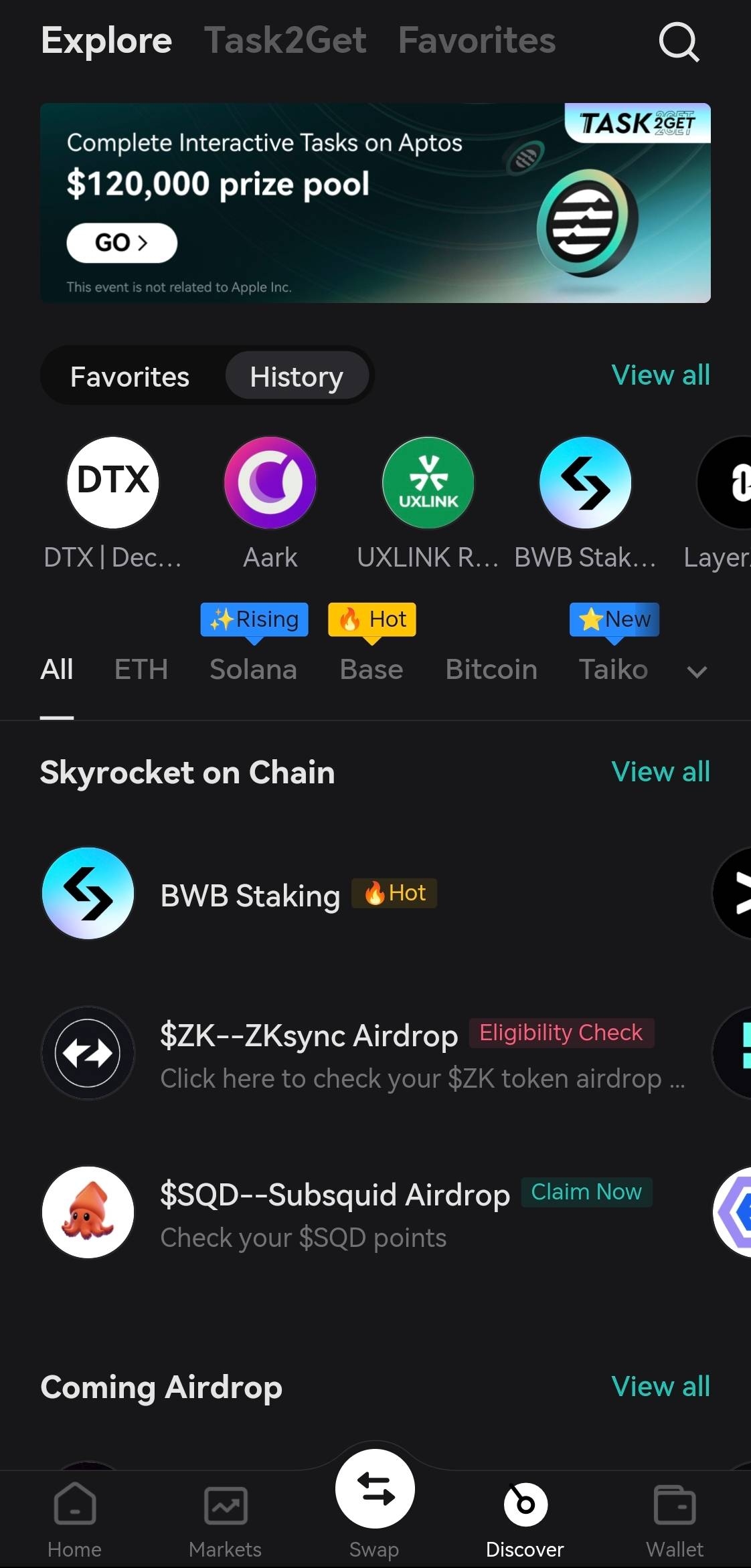
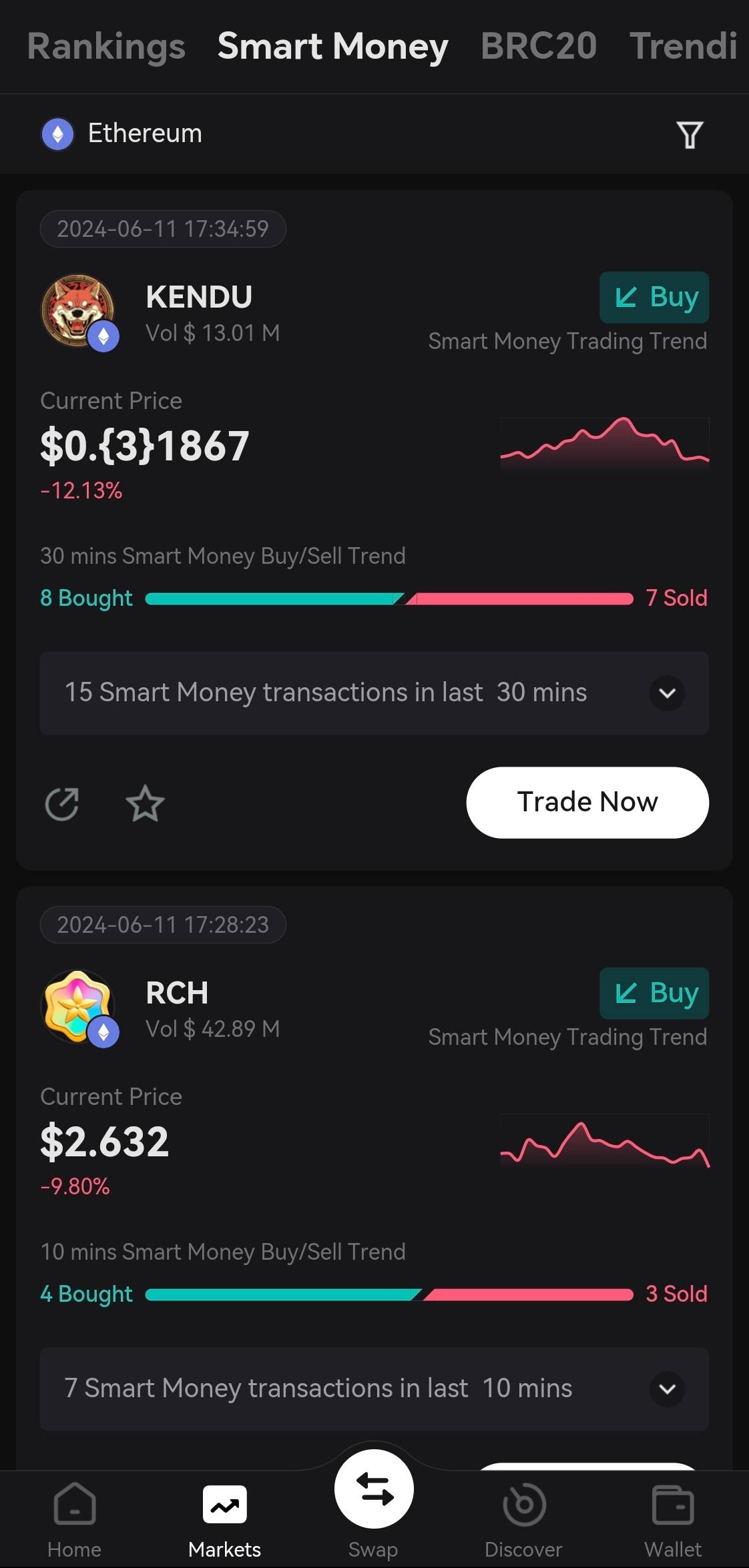
FAQ
How to Create an IO.Net Wallet in Bitget Wallet 

How to buy IO.Net? 

What's the best IO.Net Wallet? 

How do you download Bitget Wallet and create a IO.Net Wallet? 

Why should you use IO.Net Wallet

Store your Uxlink Wallet
Safeguard you Uxlink Wallet with confidence using the Bitget Wallet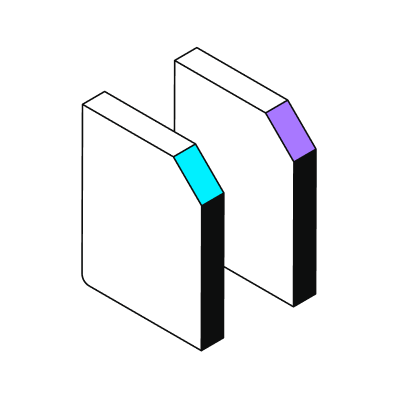
Get Free IO.Net Airdrops
In the activity area of the Bitget wallet, we have prepared various types of airdrop activities for you
Bitget Wallet Protection Fund
A $300 million protection fund to safeguard your assets and transactions.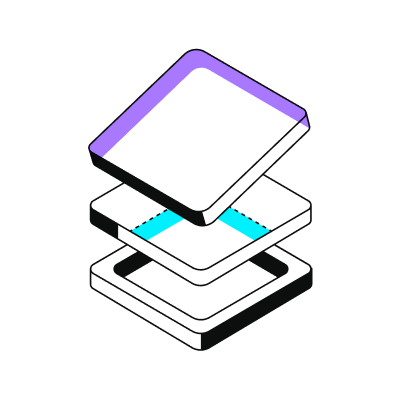
Prevent DApp Over-Authorization Risks and Scams
As a wallet, safeguarding users’ assets is at the core of our mission.
About IO.Net Wallet
What is IO.Net? 

What makes IO.Net unique? 

What is the future potential of IO.Net? 

Will IO.Net price go up? 

Which crypto narrative does IO.Net leverage? 

What is the value of IO.Net token? 

Project Partners














































